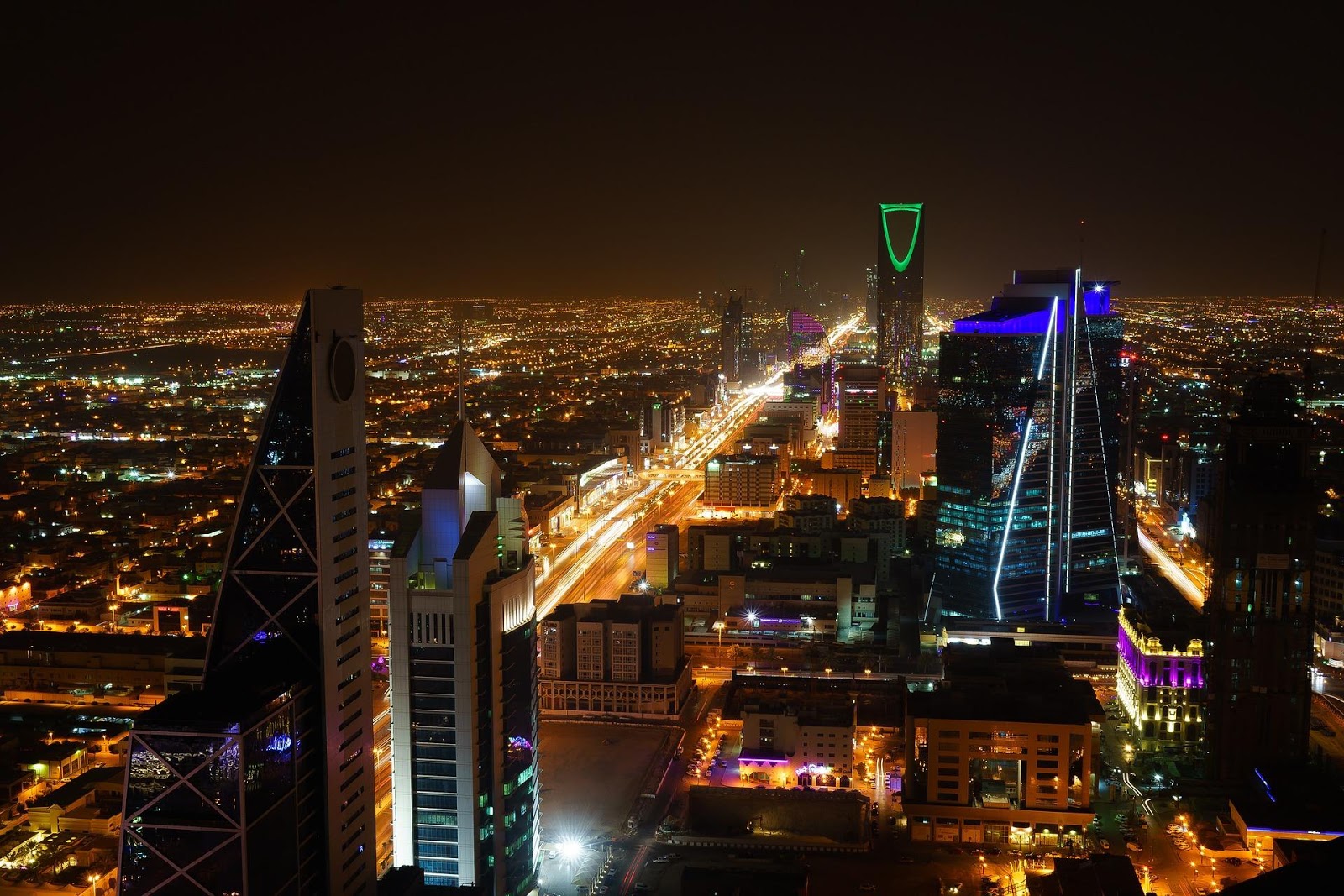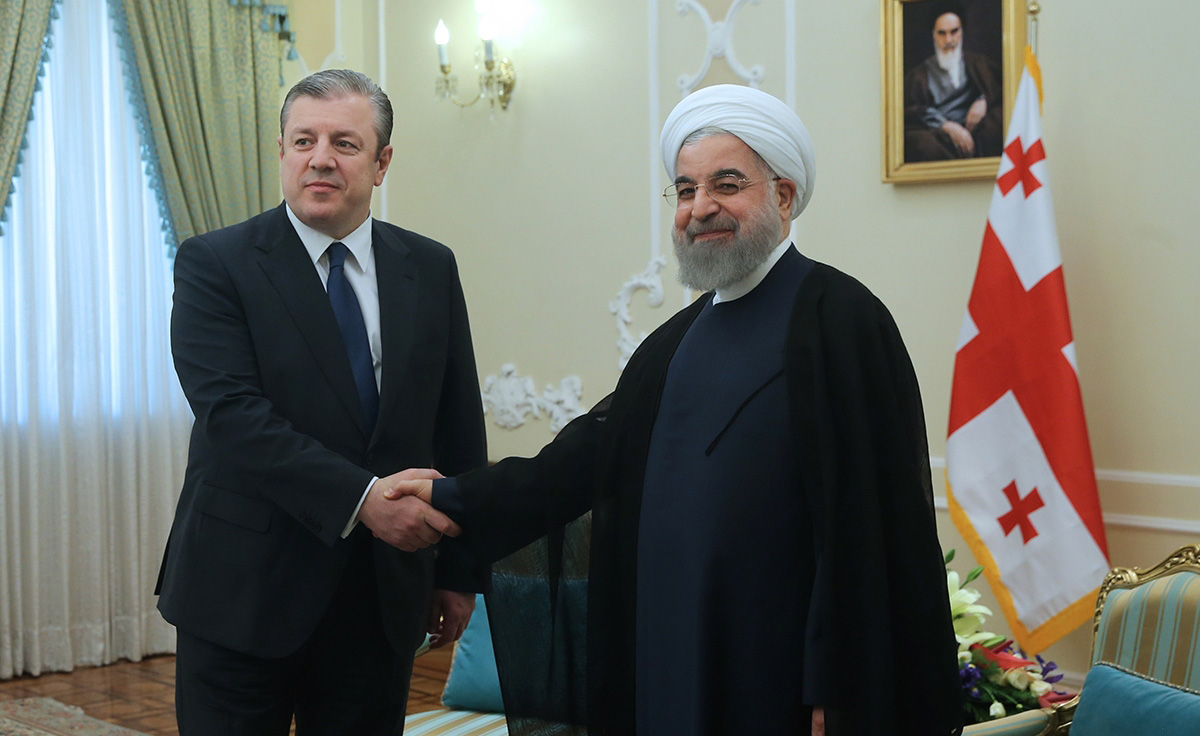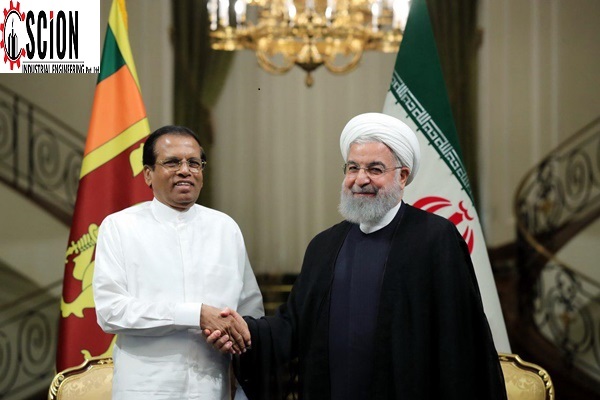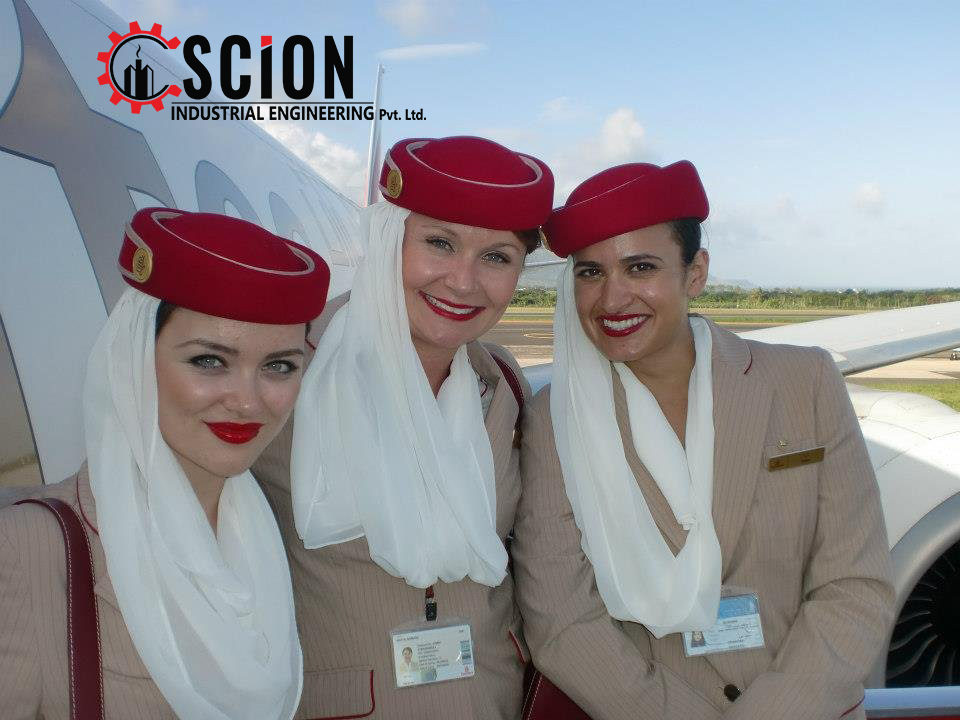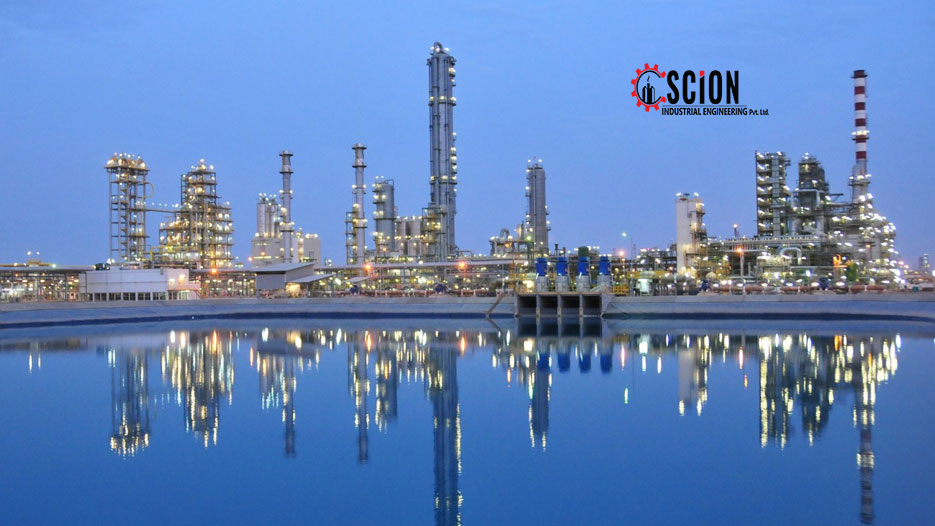In the Kingdom of Saudi Arabia, the Crown Prince Mohammed bin Salman has been pushing for economic and cultural reforms with his plan called the ‘Vision 2030’ for Saudi Arabia.
On the 24th of October, the Crown Prince announced plans to build a brand new mega-city on the Red Sea coast. The announcement came at an international business conference in Riyadh, which drew over 3,500 people from 88 countries.
The Prince announced the city project, “NEOM” and with it the news that the mega-city will be operating completely independently from the current governmental framework and regulations of Saudi Arabia. NEOM is also said to have its own tax and labour laws and an autonomous judicial system.
The Crown Prince while talking about NEOM, held two cellular phones in his hand, one was a decade old and one was a smartphone from 2017, stating that “this represented the difference between what NEOM would be and any other such area in Saudi Arabia”
He also mentioned that the plans for this mega-city would not be passed without consulting big-ticket investors and experts at every step of this project’s development.
The announcement of this plan, took many foreign investors and traders by surprise, even though the Kingdom of Saudi Arabia has been announcing a series of major changes which are being made by the Crown Prince to get Saudi prepared for the post oil-economy.
In another twist, the mega-city project, NEOM is going to be powered completely by clean-energy, including solar and wind. The 32 year old Crown Prince announced that NEOM will “not have room for anything traditional.”
The mega-city project development is estimated to cost over $500 billion, and the ambitious project would include a bridge spanning the Red Sea, connecting the NEOM city to Egypt and the rest of Africa. The total covered area of NEOM is said to be over 29,5000 square kilometres. NEOM is set to stretch into not only Egypt, but also Jordan, as well.
Saudi Arabia’s border with Jordan touches the northern end of the Gulf of Aqaba, near the Israeli city of Eilat. It also sits opposite Egypt, across the Straits of Tiran.
The Kingdom of Saudi Arabia has stated on record that the project will be developed over the years with investments coming from both the treasury of Saudi Arabia, and foreign and local investors.
The mega-city development plan of NEOM, is said to be focused on nine major sectors, including clean energy, water sustainability, biotechnology, advanced manufacturing, entertainment, and food technology with Klaus Kleinfeld, former chairman and CEO of Siemens AG, leading the development.
A statement released by Saudi Arabia, stated “NEOM’s contribution to the kingdom’s GDP is projected to reach at least $100 billion by 2030, in addition to its per capita GDP – projected to become the highest in the world,”
Source:http://www.jordanbusinessmagazine.com/economy/saudi-arabia-plans-build-mega-city-jordan-egypt

